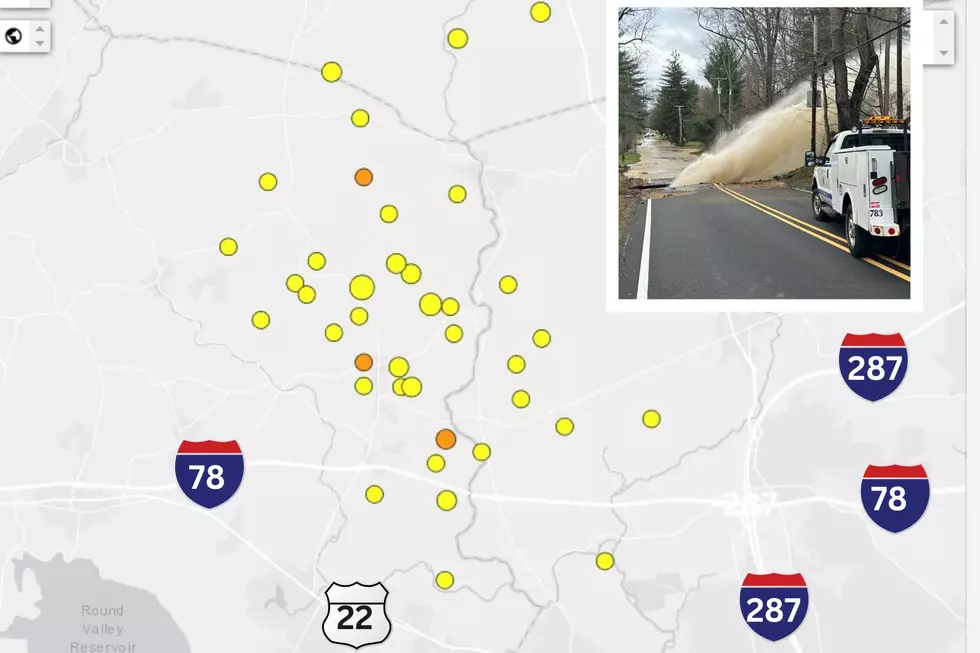New hope for autism treatment at Rutgers Center
Rutgers University has opened a new autism center that will advance research into the causes, diagnosis and treatment of autism spectrum disorder in New Jersey.
The New Jersey Autism Center of Excellence is set to become a national model for programs to integrate autism research, clinical care and education, said Elizabeth Torres, associate professor at Rutgers and one of the leaders of the center.
She said the autism center has been funded by the Governor's Council for Medical Research and Treatment of Autism. It has devoted $4 million for five years so the research center can transform how research, training and services are provided.
Torres said that's because New Jersey is the state with the highest incidences of autism in the United States. In April, the Centers for Disease Control found that 1 in 59 school-age children are diagnosed with autism in the country. But in New Jersey, 1 in 34 kids and 1 in 22 boys are diagnosed. Torres said that number continues to increase every year.
She said New Jersey lacks a comprehensive network that allows researchers, clinicians and families to connect.
What's new about the center is that it is integrating information from the community and listening to the people who are affected by autism — the families — said Torres.
The center is following a new model to integrate data from all types of research to actually tailor the treatments to an individual person, integrated with the person's daily living activities, Torres said.
The New Jersey Autism Center of Excellence wants to expand autism research and services beyond the school age as well, she said. Torres said the No. 1 question parents often have is "What happens to my child when the school bus stops coming?"
Torres said she does not know why New Jersey has such a high autism rate, but that's what the center wants to find out through its research. While the center plans to focus strictly on New Jersey cases of autism, she said "we need to learn from other cultures as well how they're handling these so-called contemporary epidemic because these numbers are steadily growing and we don't understand the causes."
More from New Jersey 101.5:
More From New Jersey 101.5 FM









